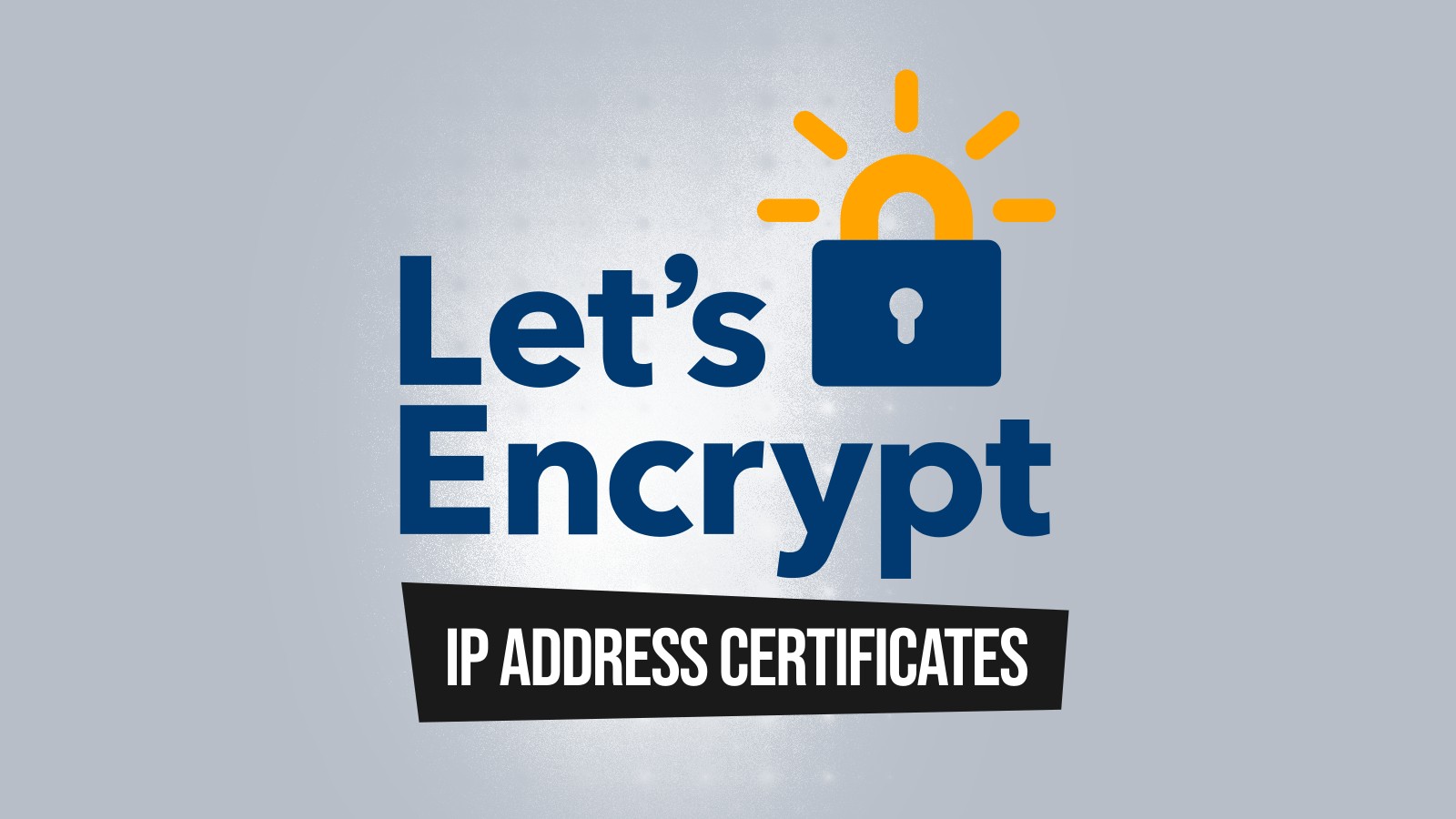Who benefits from this? Even though Let’s Encrypt stresses that most site operators will do fine sticking with ordinary domain certificates, there are still scenarios where a numeric identifier is the only practical choice:
Infrastructure services such as DNS-over-HTTPS (DoH) – where clients may pin a literal IP address for performance or censorship-evasion reasons.
IoT and home-lab devices – think network-attached storage boxes, for example, living behind static WAN addresses.
Ephemeral cloud workloads – short-lived back-end servers that spin up with public IPs faster than DNS records can propagate.



The down votes are from people who work in IT support that have to deal with idiots that play with things they dont understand.
It’s unfortunate they don’t know what /s means
We do, it’s just that those users will also often go “nah, I’m just joking!” then do some shit anyways.
How do I setup a reverse proxy for pure TCP? /s
Think that’s called NATing